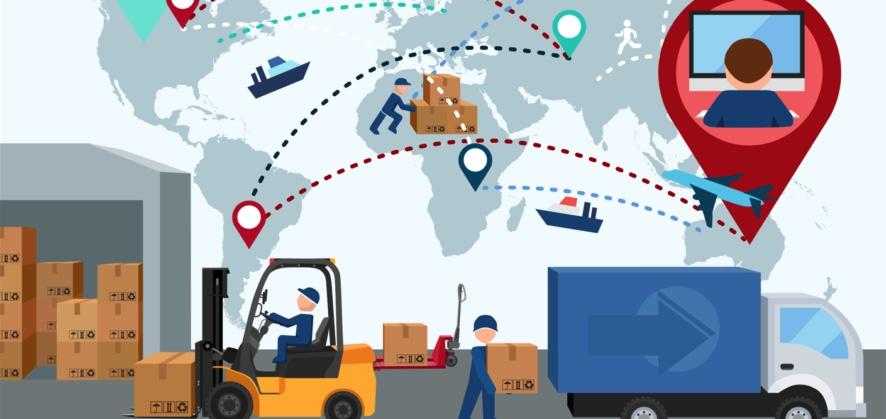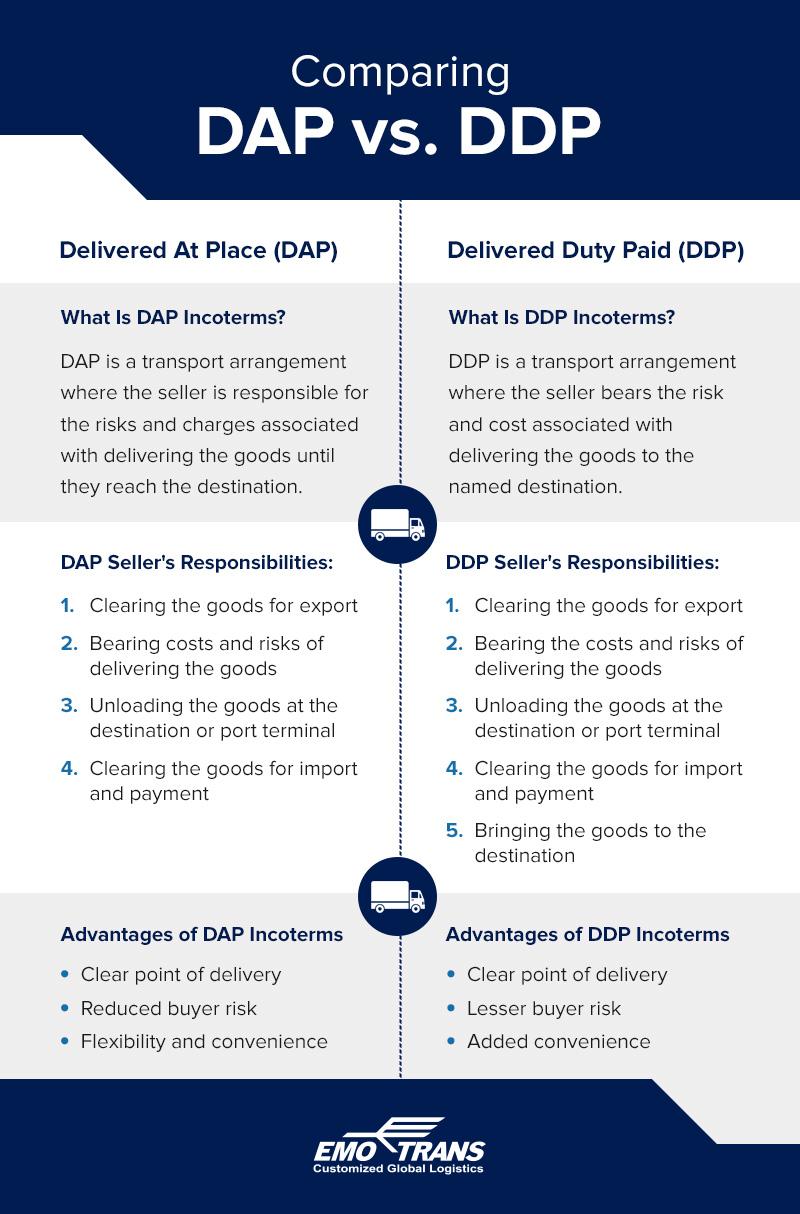In the ever-evolving world of supply chain management, the concept of Delivery-Duty-Paid (DDP) logistics has emerged as a crucial component in ensuring seamless transportation and shipping processes. From navigating complex customs regulations to optimizing delivery routes, DDP logistics encompasses a wide range of responsibilities aimed at streamlining the movement of goods. Join us as we delve into the world of DDP logistics and explore its significance in today’s global marketplace.
Understanding the Basics of Delivery-Duty-Paid Logistics
Delivery-Duty-Paid (DDP) logistics is a term that is often used in the transportation and shipping industry to refer to a specific type of shipping arrangement between a buyer and a seller. In DDP logistics, the seller is responsible for arranging and paying for the entire process of shipping goods to the buyer’s location, including handling all customs duties and taxes. This means that the buyer does not have to worry about any additional costs or complications that may arise during the shipping process. Understanding the basics of DDP logistics can help businesses streamline their shipping operations and ensure efficient and hassle-free delivery of goods to customers.
One of the key benefits of DDP logistics is that it provides a clear and transparent cost structure for shipping goods internationally. By including all taxes and duties in the shipping price, buyers can accurately calculate the total cost of their purchase upfront, without any surprises or hidden fees. This can help businesses improve their budgeting and forecasting processes, as well as provide a more seamless shopping experience for customers. With DDP logistics, businesses can also ensure faster and more reliable delivery of goods, as the entire shipping process is managed and coordinated by the seller, reducing the risk of delays or complications along the way.

Key Considerations for Successful Transport Management
When it comes to successful transport management, there are several key considerations that businesses need to keep in mind. One important factor to take into account is the mode of transportation being used. Whether it’s air freight, sea freight, road freight, or rail freight, each mode has its own set of advantages and disadvantages. It’s essential to choose the right mode based on factors such as speed, cost, and the nature of the goods being transported.
Another crucial consideration is the efficiency of the transport management system being utilized. This includes everything from route planning and optimization to tracking and monitoring shipments in real-time. Having a well-organized and streamlined transport management system can help businesses save time and money while ensuring timely deliveries. Additionally, factors like customs clearance, warehousing, and distribution should also be taken into account to ensure a smooth and hassle-free transportation process.

Navigating Complexities in International Shipping Regulations
In the world of international shipping, navigating the complexities of regulations can be a daunting task for businesses looking to expand their market reach. One key strategy for managing these complexities is utilizing a Delivery-Duty-Paid (DDP) approach. By taking on the responsibility for all costs associated with shipping goods to the buyer’s location, including duties and taxes, businesses can streamline the shipping process and alleviate the burden on their customers. This not only simplifies the logistics of international shipping but also helps to build trust and loyalty with overseas clients.
When it comes to DDP logistics, finding the right transport and shipping partners is crucial. Working with experienced carriers who have a deep understanding of international regulations and customs procedures can help ensure smooth and efficient delivery of goods. Additionally, leveraging technology solutions such as real-time tracking and electronic documentation can further enhance visibility and control over shipments. By staying informed and proactive in managing shipping regulations, businesses can successfully navigate the complexities of international trade and gain a competitive edge in the global market.

Implementing Efficient Strategies for DDP Compliance
is crucial in the world of delivery-duty-paid logistics. By having a solid plan in place, companies can ensure smooth operations and avoid costly mistakes. One key strategy is to conduct thorough research on the specific requirements and regulations of the countries you will be shipping to. This will help you anticipate any potential obstacles and ensure that you are fully compliant.
Another important aspect of DDP compliance is proper documentation. Make sure that all necessary paperwork is in order and that you have a system in place for keeping track of important documents. By staying organized and proactive, you can minimize the risk of delays or penalties. Additionally, partnering with experienced DDP logistics providers can greatly streamline the compliance process and ensure that your shipments reach their destination smoothly.
Insights and Conclusions
In conclusion, Delivery-Duty-Paid logistics offers a seamless and efficient solution for shipping goods internationally. By taking care of all duties, taxes, and fees, businesses can eliminate the hassle of dealing with customs and focus on their core operations. With the ability to track shipments every step of the way, DDP logistics ensures a smooth delivery process from start to finish. Consider incorporating this innovative shipping solution into your business strategy to streamline operations and improve customer satisfaction. Embrace the future of logistics with Delivery-Duty-Paid services today.